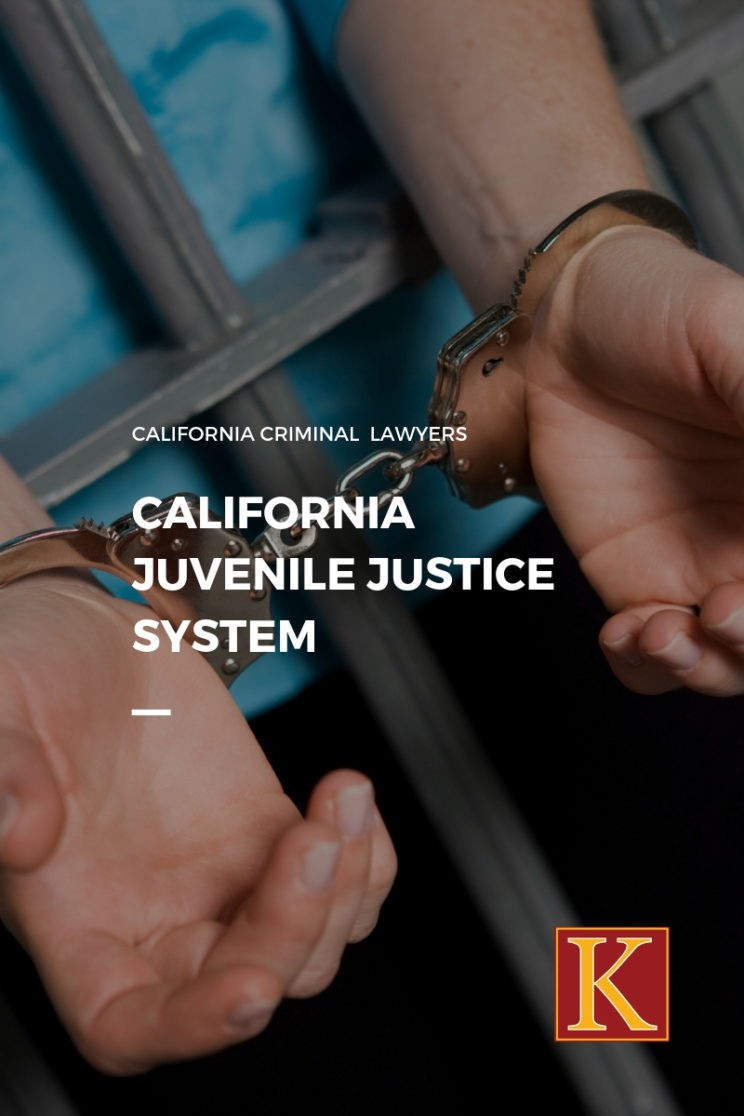Any individual who commits a crime under the age of 18 is subject to the juvenile justice system in California. The purpose of juvenile courts is to educate, rehabilitate and counsel minors, whereas adult criminal courts focus on punishing people for crimes they have committed.
Reasons a Juvenile Can Get Arrested in California
A juvenile can be arrested for violating a criminal statute or committing a status offense, such as truancy, curfew violations, running away and incorrigibility.
What Happens Following a Juvenile Arrest in California?
After the arrest of a juvenile, the police officers may choose one of the following actions:
- Give the minor a warning and release him with no further action
- Release the minor with a citation to appear later in a court with parent/guardian
- Take the minor to a juvenile hall
What is Juvenile Hall?
Juvenile hall is operated by the probation department, and like a police officer a probation officer can choose to:
- Release the minor with a citation to appear later in a court.
- Release the juvenile with a probation program to follow with no requirement to return to the court.
- Keep the minor in a juvenile hall and let a judge review the case
Type of Hearings in California Juvenile Court
There are a number of hearings which take occur in the California Juvenile Court system including the following:
- Detention hearing: The judge will determine whether the minor can be releases or must stay in custody the case is resolved. This is required if the juvenile is locked up for more than 2 days.
- Fitness hearing: The judge will determine whether the minor’s case will be heard in juvenile delinquency court or should be transferred to adult court. In case the child is under 14 when he or she committed the crime the case should only be heard in juvenile delinquency court.
- Adjudication Hearing: The judge reviews the probation officer’s report, the district attorney’s evidence, any other findings regarding the case and determines if the juvenile committed the offense.
- Disposition hearing: In case the judge decides that the juvenile has committed the crime, there will be a disposition hearing for deciding the punishment.
Sentencing and Penalties in California Juvenile Court
The court has several sentencing options sentencing a juvenile as payment of a fine or restitution community service, informal probation, formal probation, California Division of Juvenile Justice (DJJ) commitment.
Cases Where Juvenile is Treated as an Adult Welfare & Institutions Code Section 707(b)
Under Welfare & Institutions Code Section 707(b) there are 30 serious crimes for which juveniles at least 16 years of age can be tried as adults. Criminal cases where a juvenile may be treated as an adult under Welfare & Institutions Code Section 707(b) include the following types of criminal cases:
- Murder
- Robbery
- Arson causing damage or great bodily harm to an inhabited structure
- Rape if done with force, violence or threat of great bodily injury
- Lewd acts with a child under 14 if done with threat of serious bodily injury or violence
- Carjacking
- Forcible sexual penetration
- Use of a weapon in commission of a felony
- Torture
- Drive-by shootings
In such cases the prosecutor files charges in juvenile court for determine the juvenile’s fitness. The judge must consider the following issues:
- Severity and circumstances of the crime
- Degree of juvenile’s criminal sophistication
- Juvenile’s prior criminal history
- Previous rehabilitation attempts
California Juvenile Defense Lawyer
Hire the most dedicated Glendale criminal defense lawyer who has experience with handling various juvenile cases. If you or your child has been convicted of a crime we invite you to give us a toll free call at (310) 943-1171.


Pingback:California Penal Code 245.6 Hazing | KAASS LAW